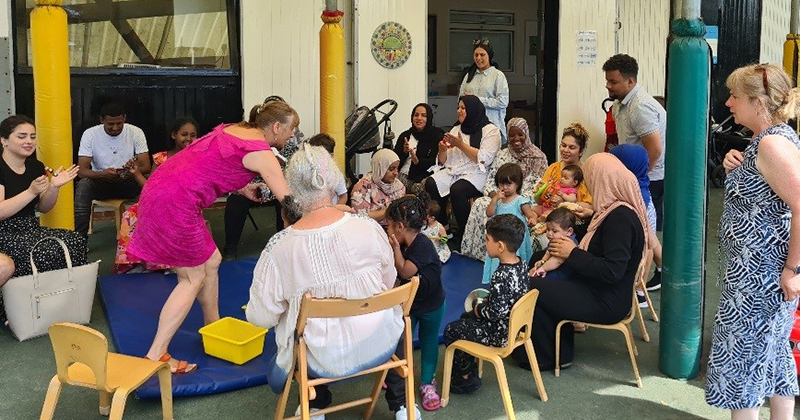Family learning programmes have had to fight for survival in a competitive funding environment that demands quantifiable outcomes for learners.
But the provision, which involves adults and children learning together, now seems to be enjoying a bit of a revival, with over 20 per cent more people taking up family learning courses in 2022-23 than the previous year.
Schools and local authorities speak passionately about the impact of this hidden part of the adult education system, which can simultaneously improve English and maths for adults and children, and help to close skills gaps.
Advocates insist that family learning holds the key to engaging hard-to-reach, economically inactive families. They claim the long-term benefits extend to improved mental health and community wellbeing, as well as helping unemployed people find work.


